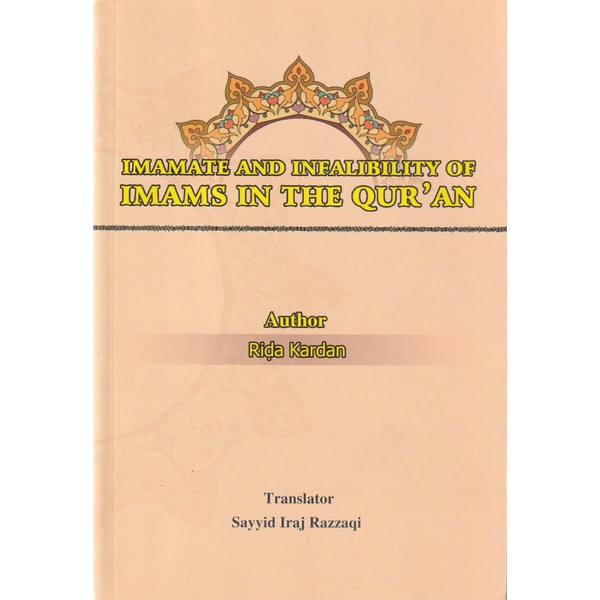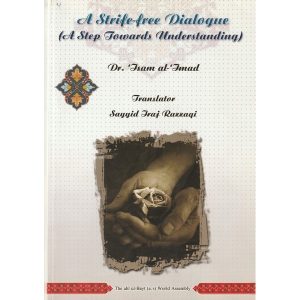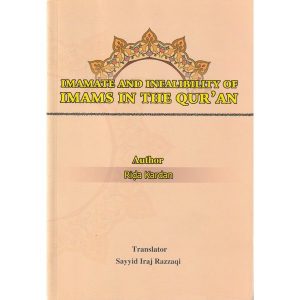Description
This text presents an eye opening read on one of the most important yet controversial topics within Islam, that being the important subject of Imamate and infallibility of the Imams (as). This beautifully written book is compiled of solid, logical and reasonable proofs pertaining to the holy Quran and authentic hadith from both within Shia and Sunni sources that would leave the mind of any man of reason without doubt and leave his heart at ease. This is a must read for all truth seekers or skeptics alike who wish to know the truth and shed light on this very crucial topic within Islam.







Reviews
There are no reviews yet.